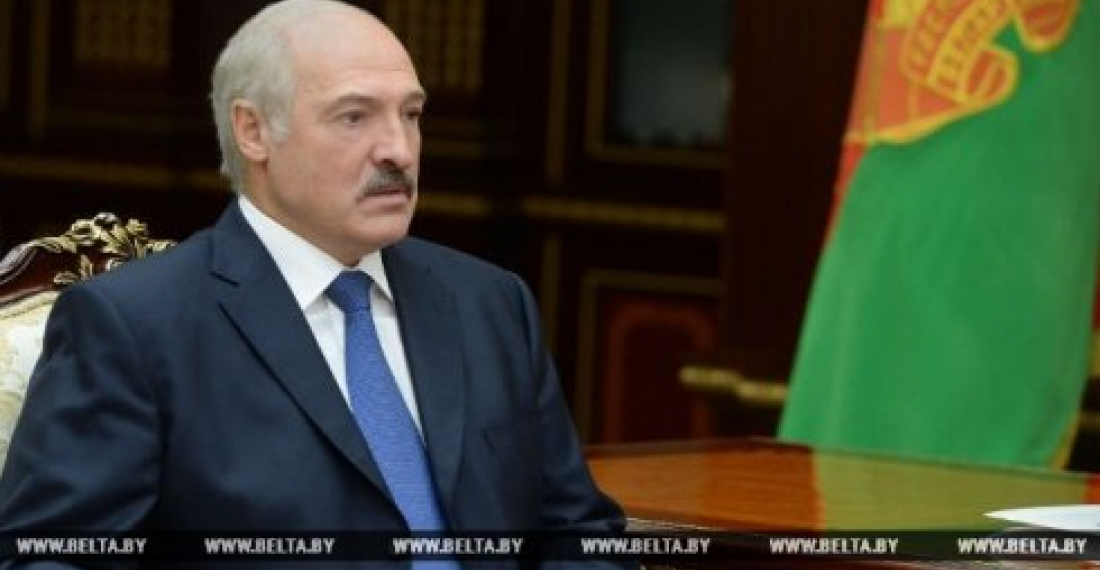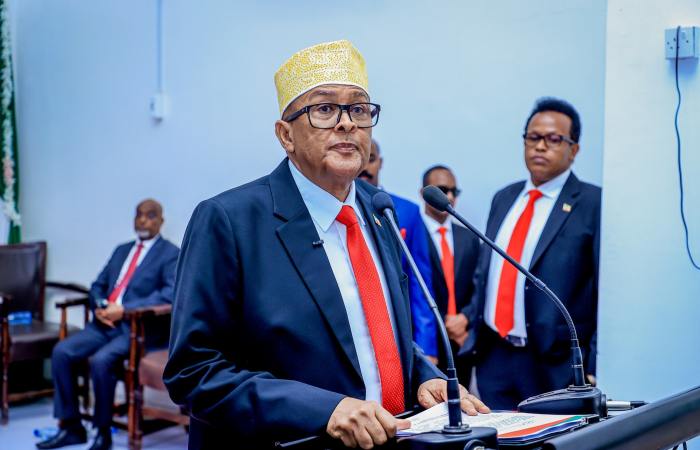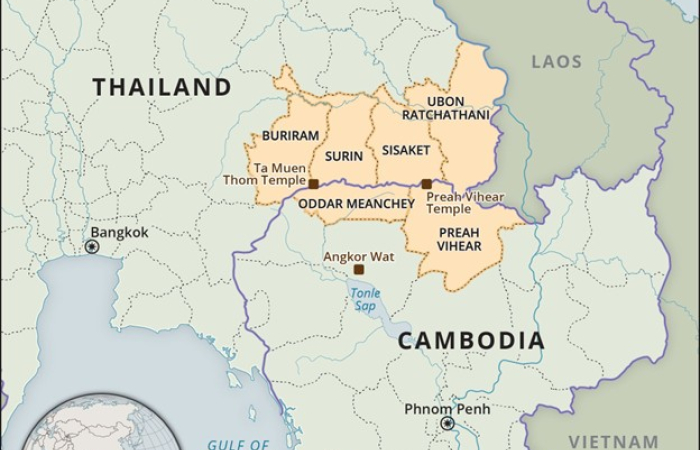The President of Belarus, Alexander Lukashenko has called on the Commonwealth of Independent States to work for resolving conflicts within its space. The Commonwealth of Independent States would deserve a monument if the organization managed to resolve the problem of Transdniestria, Nagorno-Karabakh, or Ukraine's Donbass, said Lukashenko during an interview with the MIR television company, cited by the BelTA news agency in Minsk
Talking about the future of the Commonwealth of Independent States, the Belarusian head of state noted that the suggested reforms seem insignificant against the background of existing problems. For instance, is it possible to compare attempts to make the CIS administration more effective to the conflicts that currently exist between countries? “If we managed to resolve the Transdniestria problem, the Nagorno-Karabakh problem, or the Donbass problem in Ukraine, then it would be necessary to erect a monument to the Commonwealth of Independent States somewhere in the center of Eurasian space. But we have not accomplished it. We sometimes don't do it not because it is impossible to accomplish but because different interests are at play. Yet the problem needs to be resolved,” stated Alexander Lukashenko.
Alexander Lukashenko said he believes that people's interests should be the top priority for resolving these conflicts. “Do you think people in Nagorno-Karabakh live well if they are constantly subjected to certain military problems? They just keep on living and hoping that something will not happen to them tomorrow, that a bomb will not drop on their heads. Is it normal? Absolutely not! Does anyone benefit from it? No one!” stressed the president. “It is necessary to resolve all these CIS issues that are not hard to notice before thinking about future,” believes the Belarusian head of state. “While dealing with these issues, we will see new strategic avenues that we will have to act upon.”
source; commonspace.eu, with BeLTA news agency, Minsk
photo: President of Belarus, Alexander Lukashenko (archive picture)






